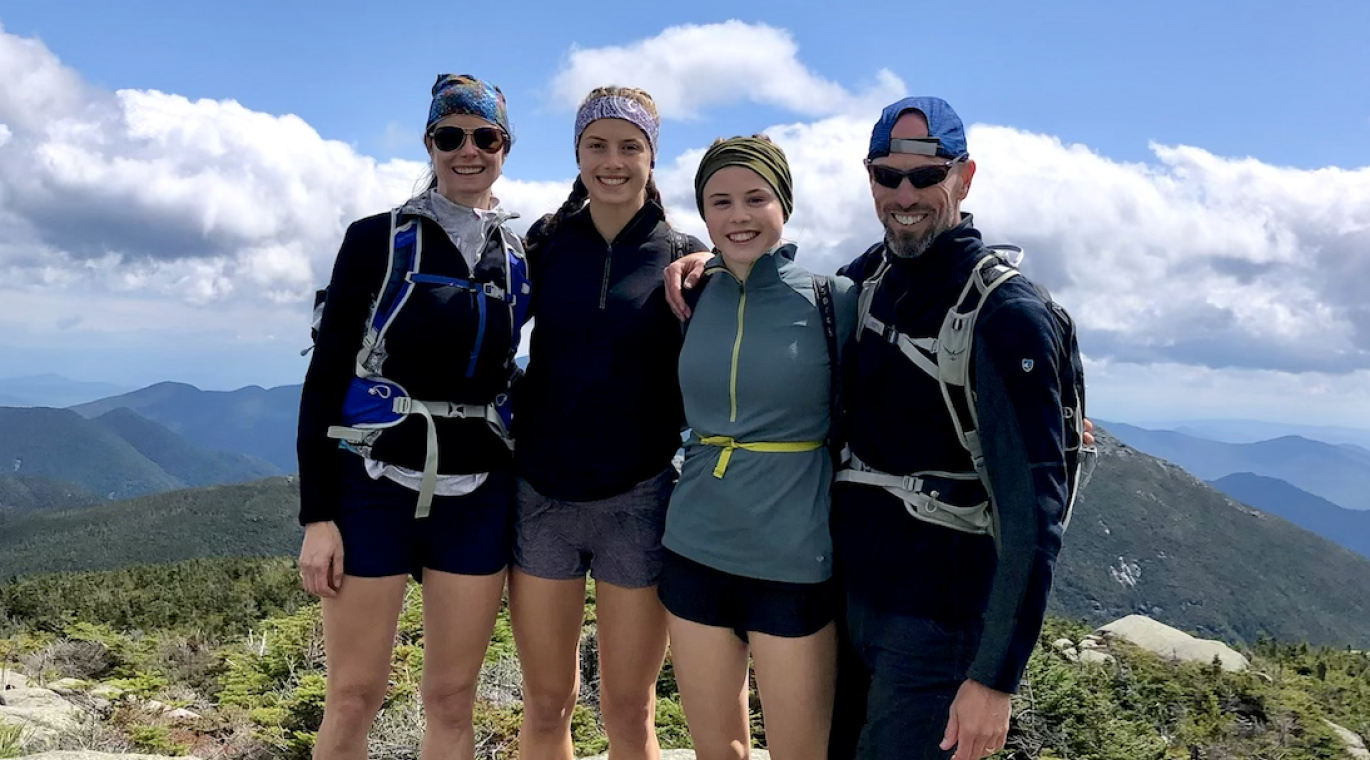
Dr. Robert Campbell has been a member of the SEAMO-funded Department of Ophthalmology since 2005 and has seen several changes over the years. That said, he is looking forward to the changes of the future still to come. “Over the last few years, we’ve built an exciting and creative collaboration with the Canadian National Institute for the Blind (CNIB) and Vision Loss Rehabilitation Canada that will open up new research options and opportunities both provincially and nationally. This is essential to more accurately assessing current treatments as well as healthcare delivery models,” he explains. “Most importantly, we’re not just doing research today, but also building a platform for the future. I’m very hopeful it’ll be a legacy for us as we’ll only scratch the surface in our time, but future researchers will be able to use what we’re building to continue to advance care for decades to come.”
As a long-time member of the Department of Ophthalmology, Dr. Campbell brings a wealth of experience. He completed his undergraduate degree in Chemistry and Master’s degree in Neuromuscular Biochemistry both at Laurentian University before going to medical school and completing residency at the University of Ottawa, graduating summa cum laude. He also finished two post-residency fellowships in London, England and Toronto. In his time at Queen’s, he has held several roles. “I’ve chaired the Ontario Glaucoma Quality Standards Committee provincially and at Queen’s have served over a decade as deputy department chair, research director and finance director. Before that, I was the residency program director,” he shares. In his academic work, Dr. Campbell has a strong focus in research: “I lead an internationally-recognized health services research program funded through the Canadian Institutes of Health Research (CIHR), focusing on the assessment of vision health care quality, access and safety. Throughout this time, I’ve been incredibly fortunate to have had the opportunity to work with some of the best minds in healthcare,” he says.
For his part, Dr. Campbell has high hopes for the future of the specialty. First, he hopes to change the perception that all ophthalmologists do similar work, when in reality, there is a range in clinical sub-specialization. Further, he is looking for what comes next in patient care. “We need breakthroughs – both scientific and systemic. There hasn’t been a single new important medication for the most common blinding diseases – glaucoma and age-related macular degeneration – in over a decade. But equally, we need to continue to evolve our delivery models. We’ll need innovative research on many fronts if we want to avoid still doing things the same old way 10 years from now,” he explains.
Striving for excellence in his work is carried over for Dr. Campbell in his pursuit of strength in physical fitness as well: “Perhaps for those who only know me as a clinician and academic, it might be surprising to know that I was a professional triathlete and had the opportunity to race around the globe. I also had the honour of representing Canada as a member of the national team at the World Championships where we won a bronze medal!”
